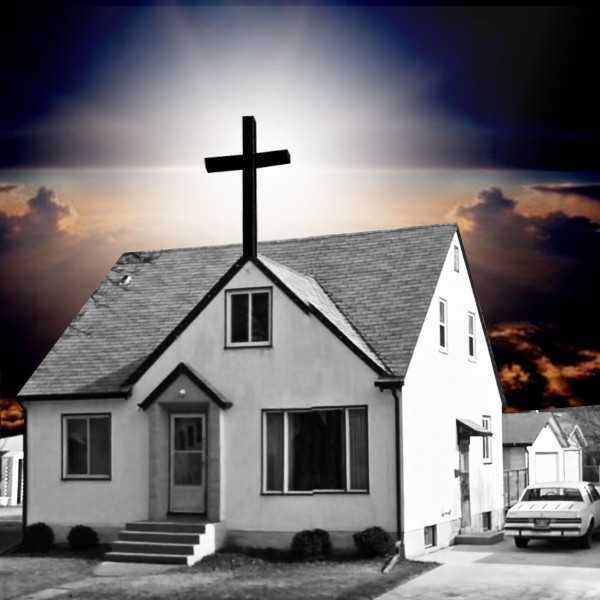House churches sprouting up in Winnipeg
Smaller sizes aim to increase accessibility
A new but old form of church, based out of houses, is starting to take root in Winnipeg.
These types of churches, also called organic, go beyond the living room bible study group.
Frank Viola, author and speaker in the organic church movement for over 20 years, has noted increasing interest in this type of congregation style across Canada and North America.
“Some house churches are started by church planters who leave them on their own after they lay the foundation and equip the group to function,” Viola said. “Others begin spontaneously.”
The Dakota Community Church started as a house church.
When Pastor Dan Cormie moved to Winnipeg in 1996, there were no congregations affiliated with the Pentecostal Holiness Church of Canada. Cormie held services out his home for 11 months. As the congregation grew, the services were moved into rented space and, ultimately, into the church’s current location at 230 Provencher Blvd.
“This is a common way to start churches,” said Cormie. “It’s not like the old days when the church was the centre of society.”
Supporters of the home church movement note that some people prefer the smaller congregation sizes.
“Home churches are making church more accessible,” Cormie said. “Sometimes people could feel lost in larger churches.”
While Viola and Cormie note that interest in home churches is increasing, it is next to impossible to count the number in Winnipeg.
“The vast majority are under the radar,” said Viola. “You could have five in your neighborhood and would never know.”
One group that occasionally meets in homes is the Quakers. However, Elaine Bishop, a member of Winnipeg’s Quaker community, notes that meeting in houses is different from being a house church.
“House churches tend to be formed from a conscious decision to have a more family-like, intimate congregation,” Bishop said. “When the Winnipeg Quakers do meet in a house, it’s because it’s convenient due to a smaller group size of that particular meeting.”
While the start-up house version of the Dakota Community Church was affiliated with a Pentecostal denomination, Viola notes that house churches do not need to be part of any denomination or religious system.
“In fact, being part of a New Testament-styled church means not being part of a human-made system,” Viola said.
If the house church is also a private residence, however, the owners still have to pay property taxes. According to the Municipal Act of Manitoba, only properties that are owned by a religious denomination and used solely for religious purposes are exempt from taxes.
“An individual can’t be a church or religious denomination and receive a property tax exemption,” said Mel Chambers, deputy city assessor with the City of Winnipeg assessment and taxation department. “Church properties registered with the city are generally on behalf of a particular religious denomination and not under an individual’s name.”
If a religious denomination were to convert a house into a church, that property would no longer be zoned residential, notes Chambers, and it would need to adhere to parking variances.
Published in Volume 65, Number 9 of The Uniter (October 28, 2010)







